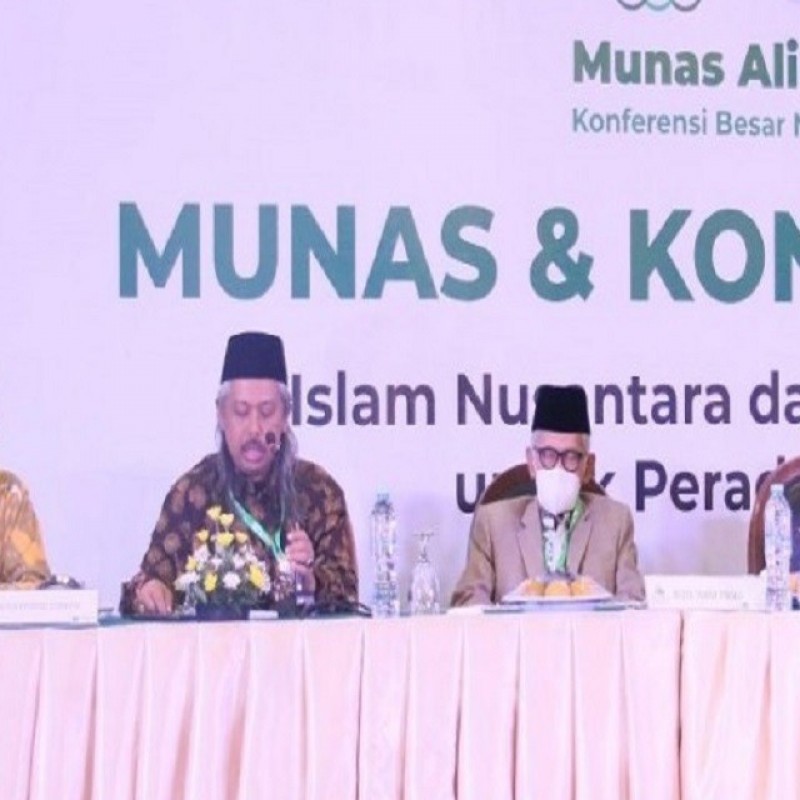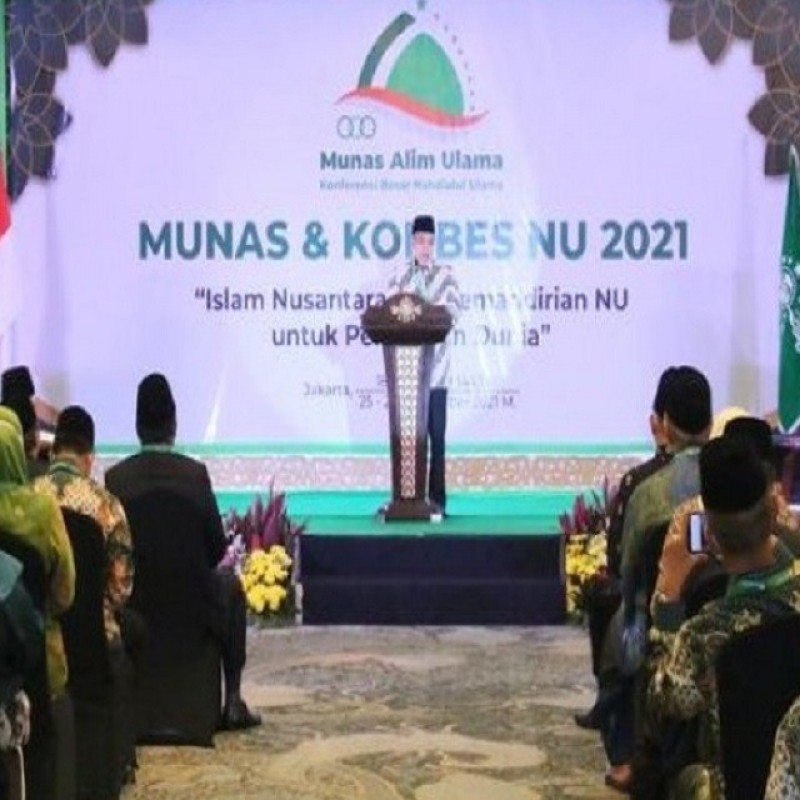The 2021 NU Munas-Konbes highlights fragileness of national health system
NU Online · Kamis, 23 September 2021 | 08:11 WIB
Jakarta, NU Online
The National Conference of Alim Ulama (Munas) and the Nahdlatul Ulama (NU) Grand Conference (Konbes) on September 25-26 2021 in Jakarta will discuss important issues in the midst of the Covid-19 pandemic. One of the discussions is about the fragility of the national health system which will then be compiled with recommendation points to be conveyed to policy makers.
Various government policies ranging from Large-Scale Social Restrictions (PSBB) to the Implementation of Community Activity Restrictions (PPKM) are considered not yet fully effective in reducing the rate of transmission. This problem is then broken down into three levels, namely upstream, middle and downstream.
"In the upstream side, how can we break the chain of transmission. This means that the discipline of health protocols is the main pillar in carrying out personal and organizational activities, so that if this program is ignored the downstream side will be very vulnerable to collapse," the Secretary of the 2021 Munas and Konbes Recommendation Commission M Kholid Syeirazi told NU Online here Thursday (23/23). /9/2021).
In addition, the issue of handling health during this pandemic is raised because some people who are provoked by hoax news, do not believe in Covid-19, and develop various conspiracy theories about the pandemic. The low literacy of the community is also seen as a factor that complicates the handling process.
On the upstream side, said Kholid, the health protocols issue was very important so that the downstream side didn't break down. "The health protocols discipline must not be ignored, including the NU organization must not ignore the helath protocols factor in moving the wheels of the organization," he said.
Then in the middle there was a vaccination program, Kholid said, the government must immediately accelerate or complete the vaccination target of at least 70 percent of the population or the equivalent of 182 million Indonesians. However, if the vaccination process went on for a long time then herd immunity would be difficult to achieve.
“Because the formation of these antibodies will create the community immunity. For example, someone who has been vaccinated for the second time is more than 6 months old, while someone has not been vaccinated, it means that there is no possibility of antibodies, it is impossible for herd immunity to occur. That's the middle side," said the man who also serves as General Secretary of the Central Board of the Nahdlatul Ulama Scholars Association (ISNU).
Meanwhile, the problems that occurred on the downstream side in handling health during the Covid-19 period and became an important spotlight were the inequality of facilities and health workers. Kholid said that reliable hospitals and community health centers (puskesmas) were only in cities.
"But health facilities and health workers in the regions have not met WHO standards, so like it or not, the government has to try," he said.
In addition, Kholid explained that the focus on this downstream side was regarding medical device products, most of which came from abroad or were imported.
"According to the government's statement, 94 percent of our medical devices are imported products. So this marks the fragility of the national health system," Kholid said.
Reporter: Aru Lego Triono
Editor: Sudarto Murtaufiq
Terpopuler
1
Khutbah Jumat: Ramadhan dan Kesempatan yang Tidak Selalu Terulang
2
Innalillah, Ulama Mazhab Syafii asal Suriah Syekh Hasan Hitou Wafat dalam Usia 83 Tahun
3
Kultum Ramadhan: Lebih Baik Sedikit tapi Istiqamah
4
Khutbah Jumat: Ramadhan, Melatih Sabar, Memperkuat Syukur
5
Keluar Mani yang Tidak dan Membatalkan Puasa
6
Khutbah Jumat: Tiga Kebahagiaan Orang Puasa
Terkini
Lihat Semua



















